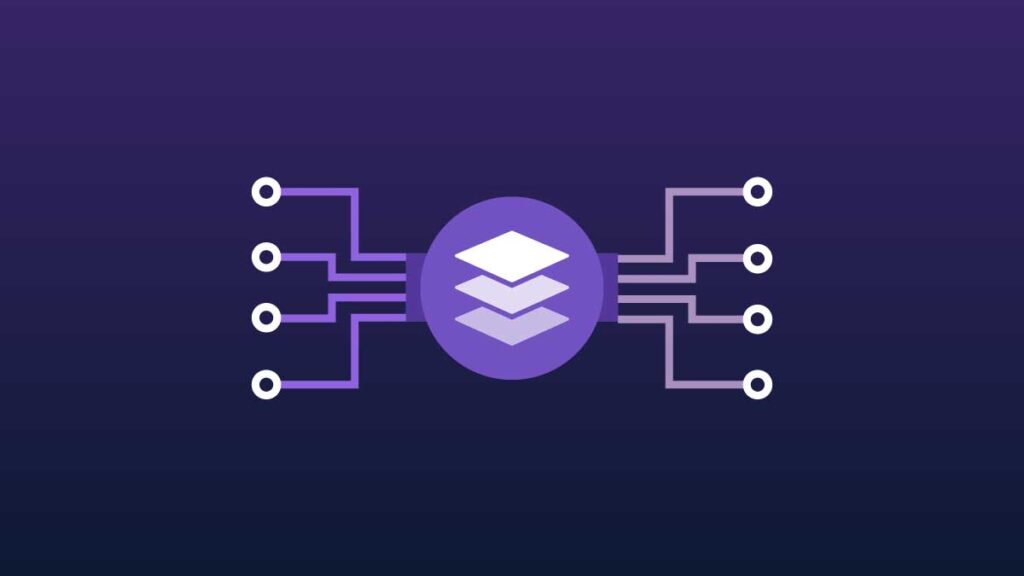
Modern web applications are made up of many small services that work together to provide a complete experience. These services need to communicate with each other, and managing that communication in a clean and efficient way is very important. One tool that helps with this is an API gateway.
An API gateway acts like a gatekeeper. It receives requests from users and decides which service should handle each request. But in large systems, simple routing is not enough. Developers now use intelligent API gateways with context-aware routing to make smarter decisions. These gateways look at who the user is, where they are from, what time it is, and many other details to route traffic more effectively.
This concept is becoming more important in modern development and is now being taught in full stack developer classes, where learners are trained to build scalable and smart applications.
What Is an API Gateway?
An API gateway is a single point that handles all incoming requests from users or frontend apps and passes them on to the correct backend service.
For example:
- When a user logs in, the gateway sends the request to the authentication service.
- When a user adds an thing to the cart, the gateway sends the request to the cart service.
- When a payment is made, the gateway forwards the request to the billing service.
This keeps the system organized and helps developers manage all services from one place.
What Is Context-Aware Routing?
Context-aware routing means making routing decisions based on the details of each request.
Instead of sending every request to the same server, the gateway checks the request for information such as:
- The user’s location
- The user’s role (admin, customer, guest)
- The type of device (mobile, desktop)
- The time of day
- The size or content of the request
Based on this context, the gateway chooses the best backend service to handle the request.
Why Use Intelligent API Gateways?
An intelligent API gateway can do more than just route requests. It can:
- Analyze incoming data
- Apply rules and filters
- Monitor traffic and performance
- Make real-time decisions
- Block bad or unsafe requests
This leads to better performance, higher security, and an improved user experience.
For example:
- A request from a mobile device can be sent to a service that returns smaller, faster data.
- A request from a VIP user can be routed to a faster, high-priority service.
- If one service is down, the gateway can reroute traffic to a backup service.
Benefits of Context-Aware Routing
Using context-aware logic in your gateway brings many advantages:
1. Faster Responses
By sending the request to the closest or least busy server, users get faster responses.
2. Better User Experience
Users get the right service based on their needs mobile users get lighter data, and premium users get faster services.
3. Improved Security
The gateway can detect strange patterns (like too many login attempts) and block or limit those requests.
4. High Availability
If a service fails, the gateway can automatically switch to another available service.
5. Smart Load Balancing
The gateway can balance traffic across multiple servers to avoid overload.
Real-World Use Cases
E-commerce Websites
An online store receives millions of requests. The API gateway routes each request based on location, device type, or user history.
For example:
- Customers in India are routed to servers in Mumbai
- Business users are sent to servers with faster response times
Banking Apps
For a banking app, context-aware routing can add security. High-value transactions may be routed through a service with extra checks.
Learning Platforms
A learning app might give video access through a fast content delivery network (CDN) based on the student’s region or internet speed.
How to Build Intelligent API Gateways
You can create an intelligent API gateway using tools like:
- Kong
- NGINX
- AWS API Gateway
- Apigee
- Traefik
These tools allow you to:
- Write custom routing rules
- Add plugins for authentication and logging
- Monitor system health
- Secure APIs with rate limits and access control
Many also support writing custom logic using JavaScript or Lua to make context-aware decisions.
Example: Smart Routing Based on User Role
Let’s say you have three types of users:
- Guests
- Registered users
- Admins
You want to send them to different services based on their role.
Using a gateway like Kong, you can:
- Check the token in the request
- Read the user role
- Route to the correct service
if (userRole === ‘admin’) {
routeTo(‘/admin-service’);
} else if (userRole === ‘registered’) {
routeTo(‘/user-service’);
} else {
routeTo(‘/guest-service’);
}
This simple logic can make your app more organized and efficient.
Tips for Using Intelligent API Gateways
- Keep Routing Rules Simple: Don’t overcomplicate. Start with basic conditions and grow over time.
- Use Logs: Always track what the gateway is doing to find and fix problems.
- Secure Everything: Add checks to block bad traffic and prevent abuse.
- Test Often: Before going live, test routing rules in different situations.
- Add Monitoring: Use dashboards to see how the gateway is performing.
Why Developers Should Learn This
As apps grow, managing traffic between services becomes more complex. Developers must understand not only how to write code but also how to manage system traffic.
Learning about intelligent API gateways helps developers:
- Build faster and safer apps
- Handle high traffic
- Deliver better user experience
- Troubleshoot routing problems
These skills are now part of modern web development training. For example, a full stack developer course in Hyderabad often includes topics like API management, cloud services, and routing logic, preparing students for real-world projects.
Conclusion
An API gateway is a key part of any full stack system. It controls how requests are handled and helps keep the system clean and organized. But in today’s complex apps, simple routing is not enough.
Intelligent API gateways with context-aware routing logic allow developers to make smarter decisions and provide better service to users. Whether it’s routing based on location, device, or user role, smart gateways improve speed, security, and reliability.
Developers learning in developer classes are now expected to understand these advanced concepts. With tools like Kong, NGINX, and AWS Gateway, it’s easier than ever to build smart systems that can scale and adapt.
As more apps go global and user expectations grow, learning how to use intelligent API gateways is not just a bonus it’s a must for every full stack developer.
Contact Us:
Name: ExcelR – Full Stack Developer Course in Hyderabad
Address: Unispace Building, 4th-floor Plot No.47 48,49, 2, Street Number 1, Patrika Nagar, Madhapur, Hyderabad, Telangana 500081
Phone: 087924 83183



